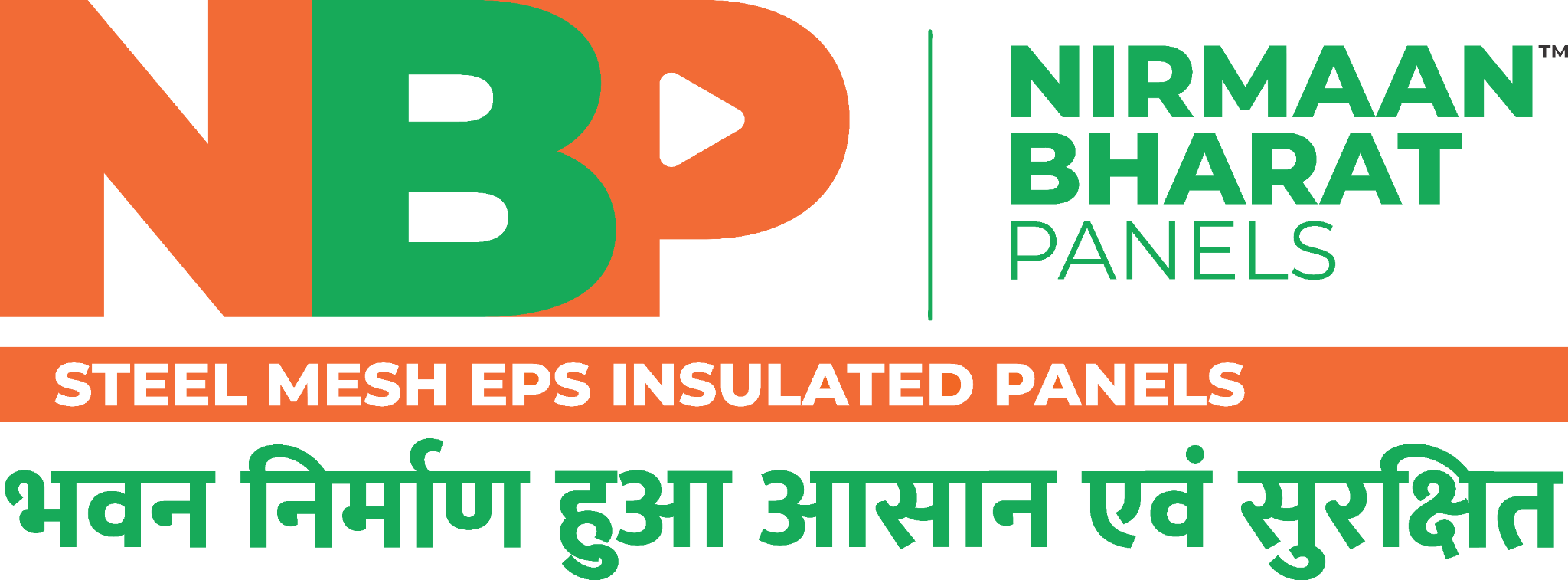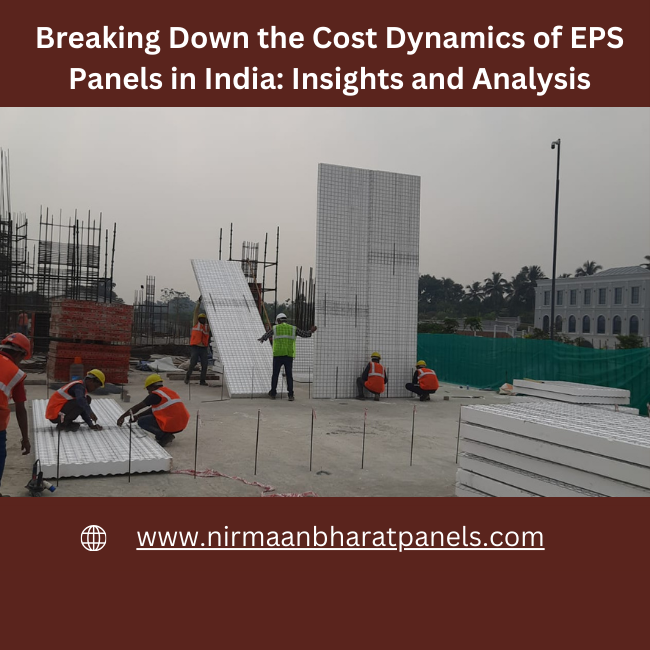EPS panels, also known as Expanded Polystyrene panels, have emerged as a popular choice for construction projects in India due to their versatility, lightweight nature, and insulation properties. However, understanding the cost dynamics associated with EPS panels in India is crucial for making informed decisions. In this blog post, we delve into the insights and analysis of the cost factors influencing EPS panels in the Indian market.
Table of Contents
ToggleRaw Material Costs:
The primary component of EPS panels is Expanded Polystyrene, derived from styrene monomer. The cost of raw materials, including styrene, plays a significant role in determining the overall price of EPS panels in India. Fluctuations in raw material prices due to market demand, supply chain disruptions, and government policies can impact the cost dynamics of EPS panels.
Manufacturing Processes EPS Panels In India:
The manufacturing process of EPS panels involves molding expanded polystyrene beads into desired shapes and sizes, followed by lamination with materials like cement, fiberglass, or steel. The efficiency of manufacturing processes, including energy consumption, labor costs, and production capacity, influences the final cost of EPS panels.
Quality and Specifications EPS Panels In India:
EPS panels are available in various grades and specifications tailored to different construction requirements. Higher quality panels with superior insulation properties, fire resistance, and durability often come at a premium price. Factors such as density, thickness, compressive strength, and thermal conductivity affect the cost of EPS panels in India.
Transportation and Logistics:
The transportation of EPS panels from manufacturing facilities to construction sites incurs additional costs, including fuel expenses, handling charges, and logistics fees. The distance between the production facility and the project site, as well as logistical challenges such as road conditions and regulatory requirements, impact transportation costs.
Installation Expenses:
The installation process of EPS panels involves skilled labor, equipment, and auxiliary materials such as adhesives and fasteners. Labor costs, installation techniques, and project complexity influence the overall installation expenses. Efficient installation practices can optimize costs while ensuring structural integrity and performance.
Regulatory Compliance:
Compliance with building codes, standards, and regulations is essential for ensuring the safety and legality of construction projects using EPS panels. Costs associated with obtaining necessary permits, certifications, and compliance documentation add to the overall project expenses.
Market Competition and Demand-Supply Dynamics:
The competitive landscape and demand-supply dynamics in the construction industry impact the pricing of EPS panels in India. Market conditions, including the availability of alternative construction materials, technological advancements, and macroeconomic factors, influence pricing strategies adopted by manufacturers and suppliers.
In conclusion, understanding the cost dynamics of EPS panels in India requires a comprehensive analysis of various factors, including raw material costs, manufacturing processes, quality specifications, transportation logistics, installation expenses, regulatory compliance, and market competition. By carefully evaluating these factors, stakeholders can make informed decisions to optimize costs and maximize the benefits of using EPS panels in construction projects.



